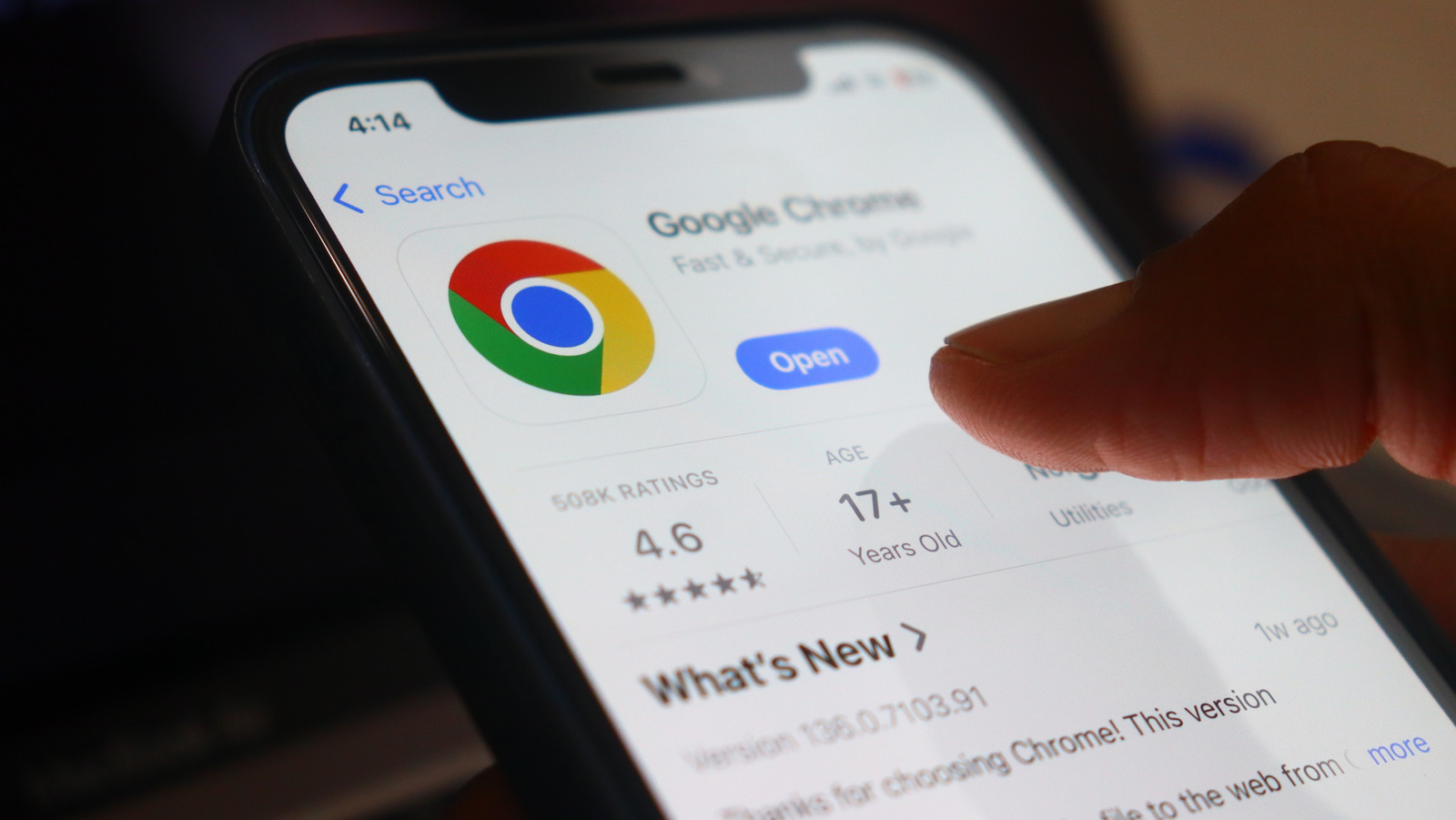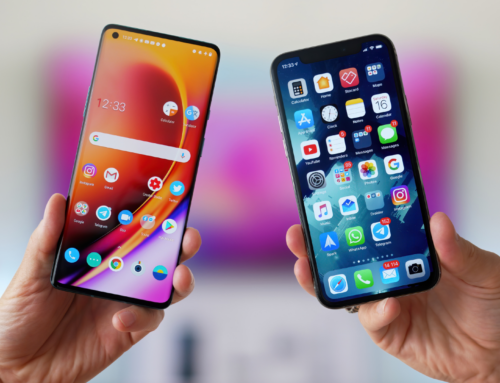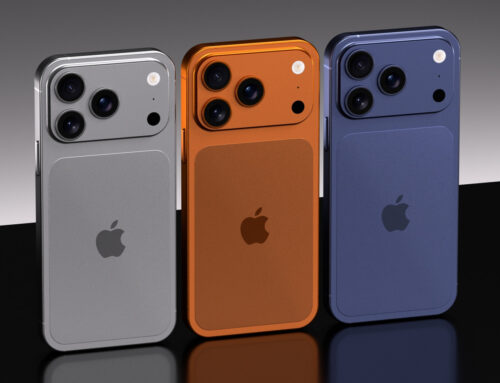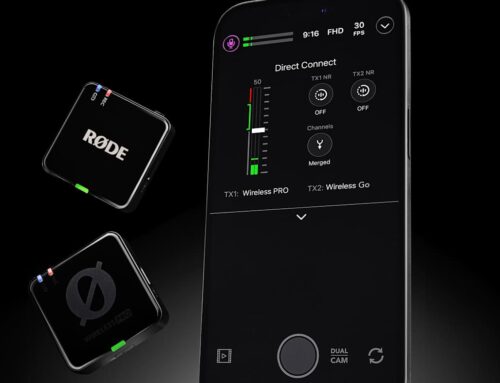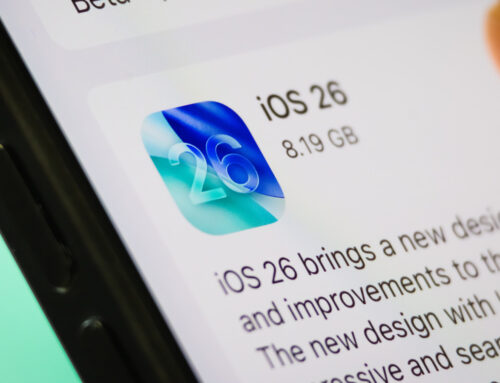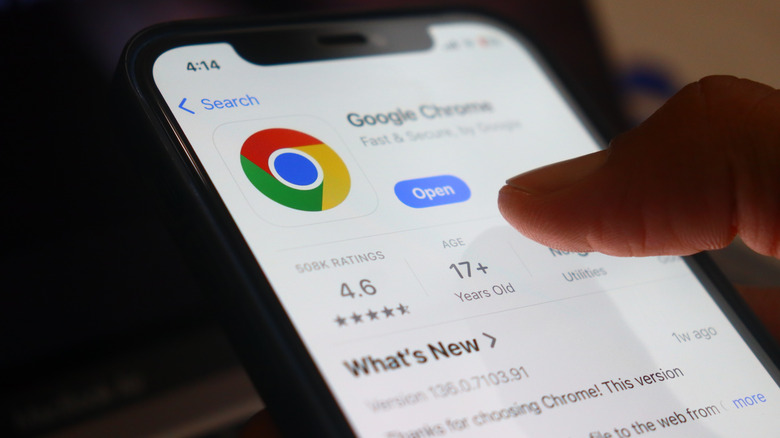
Creative Salim/Shutterstock
Apple iPhones come loaded with Apple’s own Safari web browser, which is what most people use. However, others prefer Chrome, with a reported 30% of iPhone users choosing the rival browser or using it alongside Safari. Why? It offers benefits you don’t get with Safari, most notably Chrome’s new Gemini integrations for AI assistance. There’s also Google Lens for searching images for identification, web page translations, and easy sign-in with an existing Google account to access saved passwords, payment details, bookmarks, and more. According to Apple, however, that browser isn’t recommended for use on an iPhone. Unsurprisingly, the phone maker claims that Safari is the safest browser option to use.
Of course, it makes practical sense that Apple would want to promote its own home-grown browser on its devices. But Apple users across the board love being able to access Chrome on their iPhones, MacBooks, or iPads. They like the user interface, Google app integration, features like extensions, and the incredibly intelligent AI experience. There is a specific reason Apple is suggesting its faithful iPhone users stick with Safari, though, and it largely has to do with security and privacy.
Apple touts Safari for privacy concerns
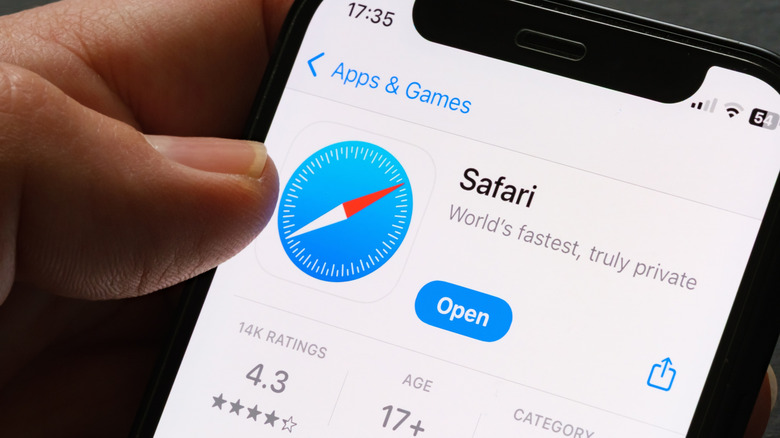
Ascannio/Shutterstock
Apple claims Safari is a browser that protects your privacy, noting features that ensure a safe browsing experience, including defense against cross-site tracking and hiding your IP address from known trackers. In a comprehensive comparison list, Apple points to a laundry list of features Chrome lacks that Safari has. These include blocking third-party cookies, machine learning to defend against tracking, the removal of unique trackers from URLs when browsing in Private mode, and hiding browsing from web extensions, to name a few.
The push by Apple came shortly after Google confirmed it would not remove tracking cookies from Chrome. Last year, Apple ran an ad campaign centered around the secure nature of Safari, hinting (though not outright mentioning by name) that the “competition” doesn’t offer the same. It’s no secret, after all, that Google’s business model heavily relies on advertising through tracking.
Even with Google’s digital fingerprinting, which silently tracks your online behavior via your device, Apple’s latest iOS 26 update has a feature in Safari to combat it. Called Advanced Tracking and Fingerprinting Protection, it’s now defaulted to “All Browsing.” This masks your device, making it more challenging to track you.
Apple claims Safari provides a better browsing experience
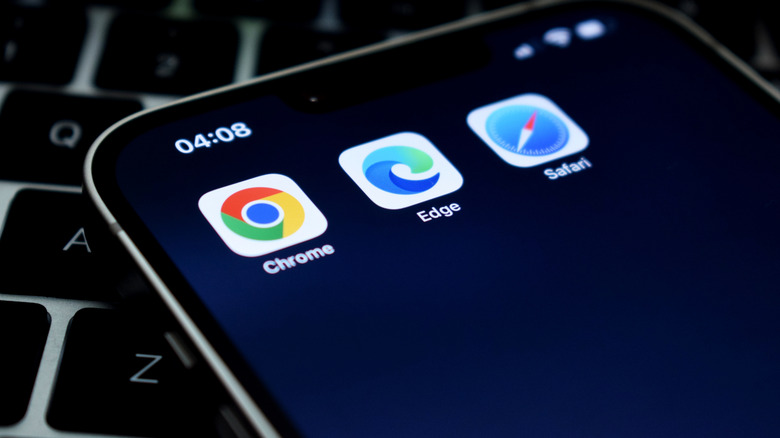
miss.cabul/Shutterstock
Beyond security, Apple promises an overall better browsing experience with Safari. Apple stated that frequently visited websites will purportedly load 50% faster, which seemed to be true in 2020, though Chrome has improved since then. Either way, Safari still outperforms Chrome on iPhones and Mac devices.
Further, there’s still seamless access to Google apps in Safari, like Google Docs, Google Sheets, and Google Slides. If you own an iPhone, chances are you have other Apple devices, too. You can sync passwords, bookmarks, history, tabs, and more across all your Apple devices, and hands-off tasks from one to the other. That’s another huge benefit to keeping it in the family. There are other useful features like Quick Note for logging ideas without leaving the browser, and Visual Look Up, which works similarly to Google Lens.
Overall, you don’t necessarily have to remove Chrome from your iPhone. But if you want a truly private browsing experience, you might decide to make the switch for privacy reasons. That’s certainly what Apple wants you to do. Regardless, Safari has plenty of exciting new features and functions, and while Gemini is a huge benefit to Chrome, you’ll have to decide if it’s worth it.

